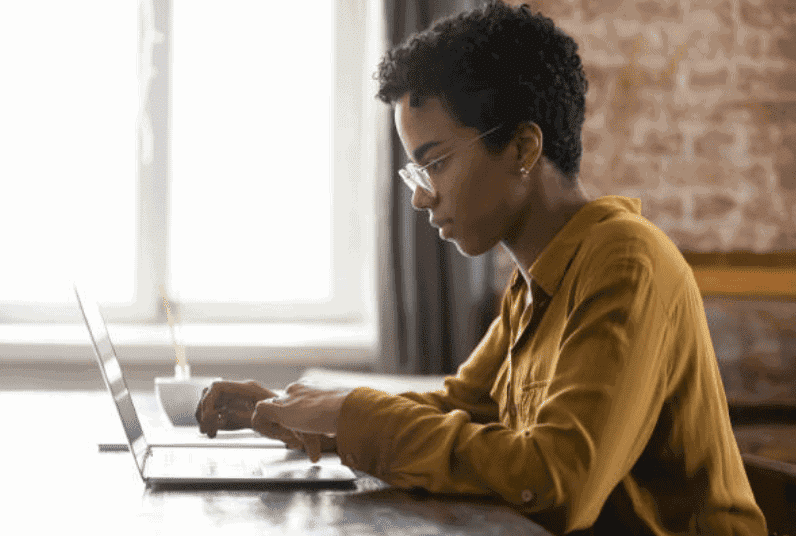1/02/2023
Trails of the Riverbank launch 'Beginners Guide to Birdwatching' walks
Contributed by Trails of the Riverbank
20/09/2022 - Just Eat for Business

The findings come from Just Eat for Business, who asked the nation’s office workers how frequently they take breaks, what they do whilst on these breaks in regards to overworking, and how they feel at work when it comes to productivity, positivity and passion.
Concerningly, more than 1 in 3 people don’t take any sort of break from their computer screen during the working day – even at lunch – despite recommendations, increasing the risk of burnout, as well as the negative side effects stemming from blue light. Blue light, also known as high-energy visible (HEV) light, is emitted by laptops, computer monitors and smartphones, and cannot be effectively filtered by our eyes like other forms of light – meaning it passes straight through to the retina. Whilst blue light is utilised in tech as it promotes alertness and elevates mood, it’s also linked to a rise in vision impairment, such as eye strain, blurred vision, and retinal damage. Due to its promotion of alertness, it’s also linked to circadian rhythm disruption, with too much blue light exposure resulting in difficulty staying asleep at night and insomnia.
It’s no surprise then that digital burnout is on the rise, with 44% of people surveyed admitting they feel very burnt out at work, and 1 in 10 taking time off to recover from office stress. Burnout is described by the World Health Organization as an ‘occupational phenomenon’ stemming from ‘chronic workplace stress’, which is exacerbated by excessive workloads and an inability to take breaks to reset during the working day. More workers are skipping breaks now – likely due to the nationwide shift to remote or hybrid working, which has left many people working longer hours to accommodate disruptions from family members, and picking up slack from people who aren’t as productive at home.
There’s also evidence that cumulative blue light exposure is significantly more damaging for office workers, as they spend extended periods of time staring at screens on a daily basis. This is particularly troublesome for a fifth of the nation’s office workers, as the survey found 21% of people check work apps on their phone – such as Slack, Microsoft Teams and Gmail – at least once per hour, even in the evenings, at weekends and whilst on holiday.
Dr Anneli Gascoyne, Associate Professor in Occupational Psychology, discusses the impact of excessive screen time at work and home: “When we’re focusing our attention on our screens, we’re using physical and psychological resources (including energy, motivation and concentration) even if we don’t realise it, and are taking in more harmful blue light.
“Like batteries, these resources aren’t in limitless supply, and need to be recharged. Yet, we often find ourselves taking breaks from our computer screens by scrolling on another screen, via our phones – which isn’t the restorative activity that we think it is.
“Then more and more of us are finding that – when we go to bed at night – we’re struggling to fall asleep, and all the concerns and ideas of the day start to flood our brains, as we’ve been taking in light all day associated with awareness, energy and inorganic cognitive activity.”
Other key findings of the survey included how often workers put in overtime per week, and why employees may feel pressured to check work notifications outside of office hours.
To see the full results from the Digital Detox survey, please visit https://business.just-eat.co.uk/blog/digital-detox-healthy-habits
All articles on this news site are submitted by registered contributors of EssexWire. Find out how to subscribe and submit your stories here »